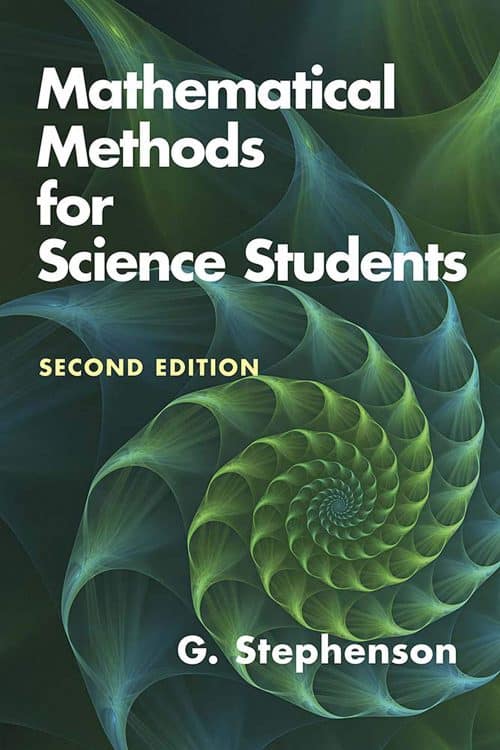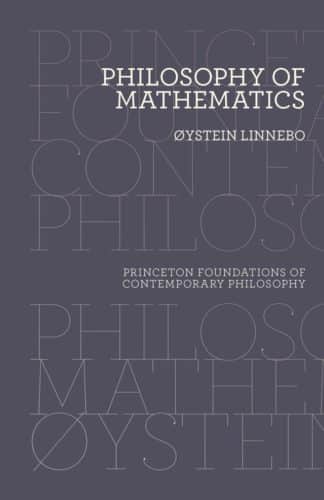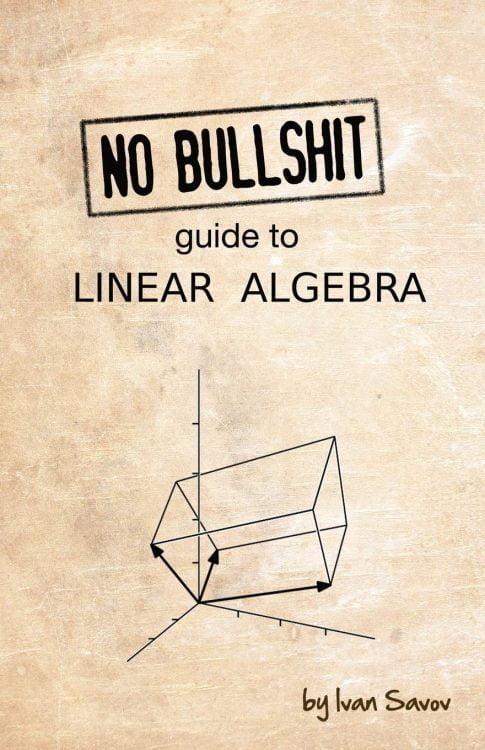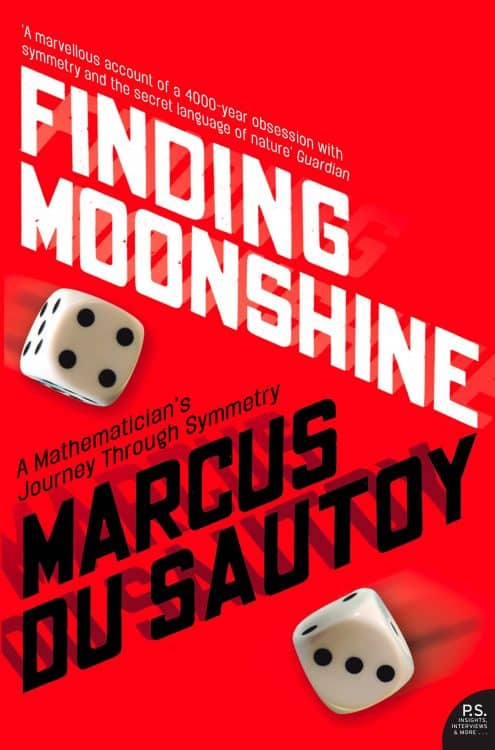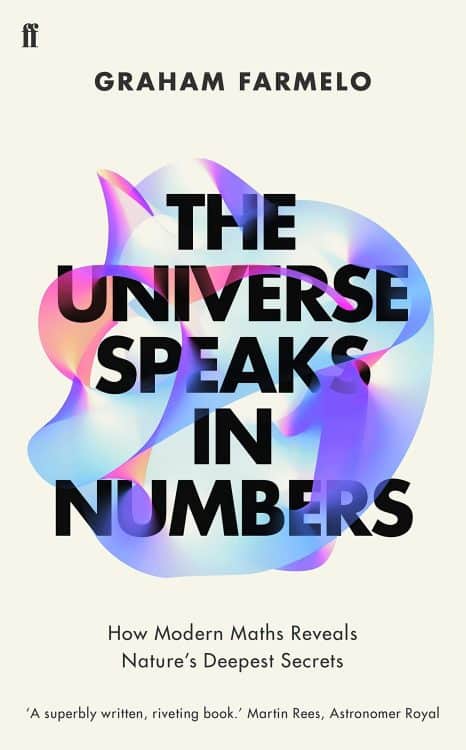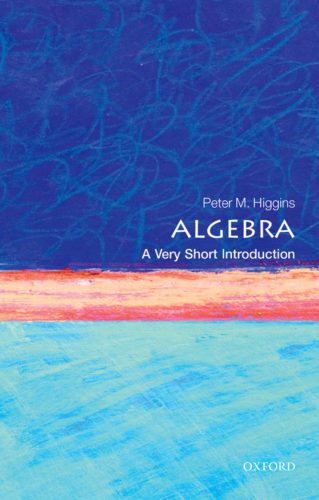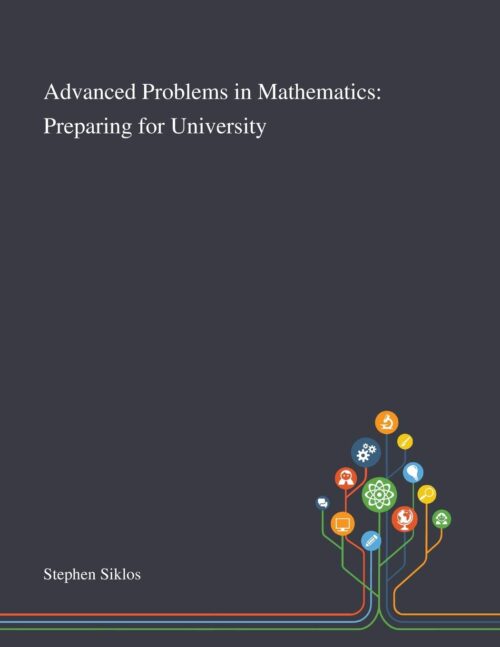“Gary William Flake elaborates on the straightforward notion that recurrent rules can result in complex and interesting behaviors.
In this book, Gary William Flake elaborates on the straightforward notion that repeated rules can result in complex and rich behaviors. Flake contends that “agents” (such as molecules, cells, animals, and species) and their “interactions” (such as immune system responses, chemical reactions, sexual reproduction, and evolution) are distinct from one another and that much of what we consider to be “beautiful” and “interesting” is due to the computational properties of interactions. From this fundamental premise, Flake develops his four main computational hypotheses—fractals, chaos, complex systems, and adaptation.
Since each section of the book may be read separately, even a layperson can comprehend and use the fundamental mathematics and programs. However, the concept of the computer as a lab and a metaphor for comprehending the cosmos ties the pieces together. With further experimentation, the motivated reader will develop fractal environments, chaotic systems, synthetic life forms, evolutionary algorithms, and artificial neural networks.”




